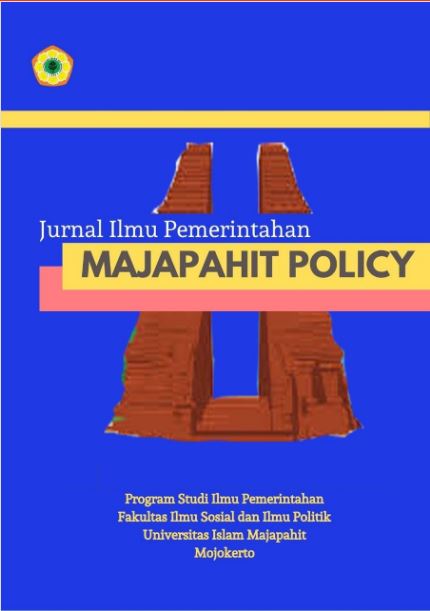Santiaji Pancasila as a Practice of Religious Diversity and Religious Conflict Resolution
DOI:
https://doi.org/10.36815/majapahitpolicy.v5i1.3651Keywords:
conflict, conflict resolution, institutional, religiosityAbstract
Conflicts related to the construction of houses of worship have given rise to various misunderstandings in society, such as accusations of a lack of interfaith tolerance and prohibitions on worship. To resolve this conflict, strategic steps are taken through regulative, normative, and cultural cognitive approaches. This study uses a qualitative case study approach. Data were collected based on observations, interviews, and documentation of the conflict resolution process carried out through an 11-cycle strategy that includes conflict management based on dialogue, negotiation, and mediation. An institutional approach integrated with these three main aspects has succeeded in creating social stability and encouraging reconciliation. The results show that the implementation of holistic conflict management is able to resolve problems peacefully and strengthen the values ??of tolerance in society. This study is an important reference for community-based conflict management, emphasizing the importance of synergy between regulative, normative, and cultural cognitive approaches in building a harmonious social life.
Published
Versions
- 2025-01-05 (3)
- 2025-01-05 (2)
- 2024-12-30 (1)
How to Cite
Issue
Section
License
Majapahait policy



